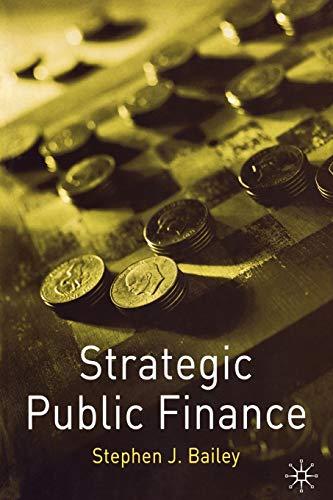Answered step by step
Verified Expert Solution
Question
1 Approved Answer
I am doing a case study on UK Derivatives. Below are some information on significant events and prospects. Can you come up withdetailed proper prospects,
I am doing a case study on UK Derivatives. Below are some information on significant events and prospects. Can you come up withdetailed proper prospects, recommendations and opinions based on the information. Include APA intext citations and the websites the info is sourced from.
Prospects what events happened, cause what rates to change, then what impactP
Outlook Our opinion
Types of Derivatives: options, futures, swaps, forwards similar future contracts talk about it when we discuss factors affecting
Credit default swaps and forwards
Significant events: timeline historical events
Financial Crisis highlights systematic risks and need for regulatory reforms for OTC derivatives
Covid Pandemic present
Cyber attacks Ion Group
Brexit present
Crypto Derivatives presentsource
RussianUkraine War Present commodities, oilgas
Prospects
Economic and regulatory influences brexit and global influences
Brexit: The UK's exit from the European Union has reshaped the regulatory landscape for derivatives trading. Prior to Brexit, UKbased firms enjoyed passporting rights, allowing them to offer financial services across the EU without needing further authorization. PostBrexit, these firms must navigate a patchwork of regulatory regimes, potentially limiting access to EU markets. This has implications for market liquidity and the competitive positioning of UK derivatives markets. Moreover, the UK has the opportunity to tailor its regulatory framework to enhance its attractiveness as a global financial hub, such as by adopting more flexible regulations for fintech and digital assets. The ongoing negotiations for equivalence decisions with the EU are pivotal, as they will determine the ease with which UKbased firms can access EU clients and vice versa.
Global Economic Factors: The derivatives market is highly sensitive to global economic conditions, including interest rate changes, inflation, and commodity price fluctuations. For example, the Bank of England's monetary policies, especially adjustments in interest rates to control inflation, directly impact the valuation of interest rate derivatives, a significant component of the UK market. Similarly, global commodity price volatility affects the valuation and trading strategies for commodity derivatives. The economic rebound postCOVID coupled with geopolitical tensions, has led to increased volatility in commodity prices, thereby influencing trading volumes and strategies in the derivatives market.
Technological advances fintech and blockchain
Fintech and Blockchain: The adoption of fintech and blockchain technologies is revolutionising the derivatives market. Blockchain technology, with its inherent characteristics of transparency, security, and efficiency, is particularly suited to improving the clearing and settlement processes for derivatives trades. Smart contracts can automate the execution of contracts and the settlement of trades, reducing counterparty risks and operational costs. Fintech innovations are also enabling more sophisticated risk management tools and analytics, allowing traders and investors to better assess and hedge their exposures.
Sustainability trends growth of ESGcompliant derivatives
ESG Derivatives: There is a growing demand for investment products that comply with environmental, social, and governance ESG criteria, reflecting a broader shift towards sustainable finance. This trend has led to the development of ESG derivatives, which allow market participants to hedge risks or gain exposure to ESG performance without directly investing in physical assets. For example, ESG futures and options on equity indexes enable investors to speculate on or hedge against the performance of companies with strong ESG credentials. Similarly, green bonds and climatelinked derivatives are emerging, allowing investors to manage risks associated with the transition to a lowcarbon economy.
Step by Step Solution
There are 3 Steps involved in it
Step: 1

Get Instant Access to Expert-Tailored Solutions
See step-by-step solutions with expert insights and AI powered tools for academic success
Step: 2

Step: 3

Ace Your Homework with AI
Get the answers you need in no time with our AI-driven, step-by-step assistance
Get Started


